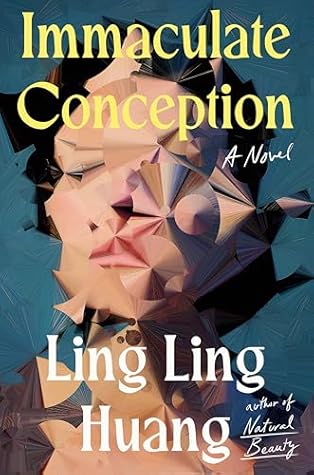More on this book
Community
Kindle Notes & Highlights
Or maybe I was just so insecure that anyone with a strong sense of identity could destabilize me.
Normally, we would have found solidarity or solace online, but the new designations also dictated our online activity. Invisible buffers had been established on the internet so that websites were either enclave or fringe. Algorithms were no longer even vaguely related to our choices—they now corresponded to our IP addresses.
For a while, I had been planning a work that would expose technology’s limited ability for representation, but my new school affiliation changed the online spaces I could access, and technology was now an infinite resource rather than a constraint.
Most of my classmates were antiestablishment, and would no doubt be suddenly interested in befriending me if they knew I had grown up fringe. I couldn’t decide if that would make me feel more or less like an outsider.
I saw how that day multiplied, stretched into weeks and months of Mathilde alone in her studio space with a block of wood, carving her father’s likeness out of it. Getting as close as possible, while never actually being able to reanimate him.
As a fringe kid, I was unavoidably ignorant of so many artists and pieces, and that ignorance was now on full display. It’d almost be preferable to plagiarize rather than unknowingly replicate a familiar idea, with less skill. Even when I did manage to make something somewhat original, it wasn’t interesting.
They’d needed a rope to bind them for that year. What Mathilde and I shared was deeper, a devouring that needed no vow.
Bill & Ted’s Excellent Adventure wasn’t just a classic…By our third viewing together, she had convinced me of all the ways it was the classic, clearly an homage to Homer’s Odyssey.
I remembered the satisfaction of being frustrated in the pursuit of an artistic ideal.
The very trolls who were taking everything from us were now getting degrees for it.
Maybe it had been better when we were just trying to outdo one another. We had a chance then, at least. Now we had to constantly prove our exceptionalism, racing ahead of technology’s ever-reaching grasp.
Every work you could have made in a parallel life, every you you could have been, already existed, so what was the point? Everyone in the world had become, in a sense, an artist, and thus no one was.
How could I have been so stupid? To think that distance could be one-sided? Of course our relationship had changed for her, too. I was back on the outside with a palm to her window, begging to be let in.
I’ve stumbled upon a place of such destructive and pervasive sadness, I worry my mind will be permanently altered by the experience.
I’ve set her free in so many ways, and all she wants is a cage.


